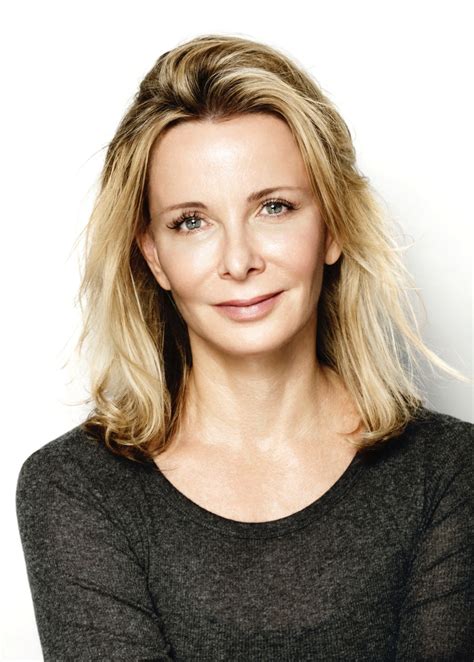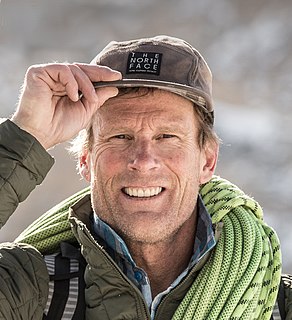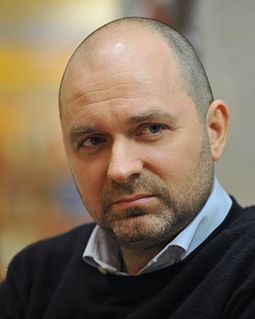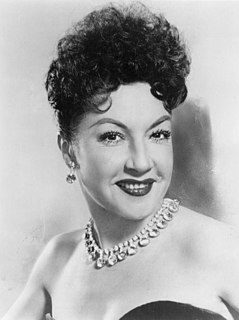A Quote by Susan Casey
People think with climate change what's going to happen is things are just going to get hotter. But that isn't really the whole story at all. One of the things that has happened in the past when the climate has changed a lot is that the glaciers melt, and so the weight on the tectonic crust is different, and that's the definition of an earthquake. If the tectonic plates are springing up or being pressed down, that's when earthquakes and volcanic eruptions happen. So every scientist I spoke to who had studied this thinks that we're in for a wild time.
Quote Topics
Being
Change
Changed
Climate
Climate Change
Crust
Definition
Different
Down
Earthquake
Earthquakes
Every
Get
Glaciers
Going
Had
Happen
Happened
Hotter
In The Past
Just
Lot
Melt
One Of The Things
Past
People
Plates
Pressed
Really
Scientist
Spoke
Story
Studied
Things
Think
Thinks
Time
Up
Volcanic Eruptions
Weight
Whole
Wild
Related Quotes
If you compare Everest photographs in 1953 with its current state, things are melting. I imagine if I were a golfer in Indiana, I'd be hard-pressed to believe in climate change because nothing's going on there. But when you're up in the mountains and seeing the glaciers melt away, it's an obvious physical manifestation of a warming planet.
Many scales of climate change are in fact natural, from the slow tectonic scale, to the fast changes embedded within glacial and interglacial times, to the even more dramatic changes that characterize a switch from glacial to interglacial. So why worry about global warming, which is just one more scale of climate change? The problem is that global warming is essentially off the scale of normal in two ways: the rate at which this climate change is taking place, and how different the "new" climate is compared to what came before.
One of the things that really impressed me about Anna Karenina when I first read it was how Tolstoy sets you up to expect certain things to happen - and they don't. Everything is set up for you to think Anna is going to die in childbirth. She dreams it's going to happen, the doctor, Vronsky and Karenin think it's going to happen, and it's what should happen to an adulteress by the rules of a nineteenth-century novel. But then it doesn't happen. It's so fascinating to be left in that space, in a kind of free fall, where you have no idea what's going to happen.
I think actually one of the things you learn when you get older is, things change. You get a longer perspective. I was quite depressed when I was young. I had a dark cloud hanging over me. But I always felt "this is not the end." It's always changing; it's going up, it's going down. Great things will happen.
With climate change, of course there are things to grieve. I certainly grieved that the vision that I had for my life, that I would be a clinical psychologist and write books and have a family, that that was not going to happen, because if the world is collapsing around you, it just doesn't seem that appealing anymore.
Climate has always changed. It always has and always will. Sea level has always changed. Ice sheets come and go. Life always changes. Extinctions of life are normal. Planet Earth is dynamic and evolving. Climate changes are cyclical and random. Through the eyes of a geologist, I would be really concerned if there were no change to Earth over time. In the light of large rapid natural climate changes, just how much do humans really change climate?
I had one goal. I wanted people to really learn the tools that could change, because I taught finance for years, I network with people in their 20s, obviously, and all ages I've worked with. But I wanted to just take that to another level, and I also, quite frankly, was just angry. I was angry about the level of abuse I saw in 2008 that happened to people. I knew what happened, I had made a fortune during that time because when things melt down - and they're going to again; life is cyclical - it's one of the greatest opportunities in your life.
Why did the earthquake and tsunami occur in Japan? Was it the act of an angry God? No, it was the result of the movement and collision of the earth's tectonic plates - a process driven by the earth's need to regulate its own internal temperature. Without the process that creates earthquake, our planet could not sustain life.
What happened with Final Destination was that the movie was in post-production for a long time and I think they changed a lot of the deaths, so a lot of those things were last-minute additions. Everything we shot is in the movie and it's all been designed. We didn't change anything. It's been a year of making those things happen, exactly as we had pictured them.



































